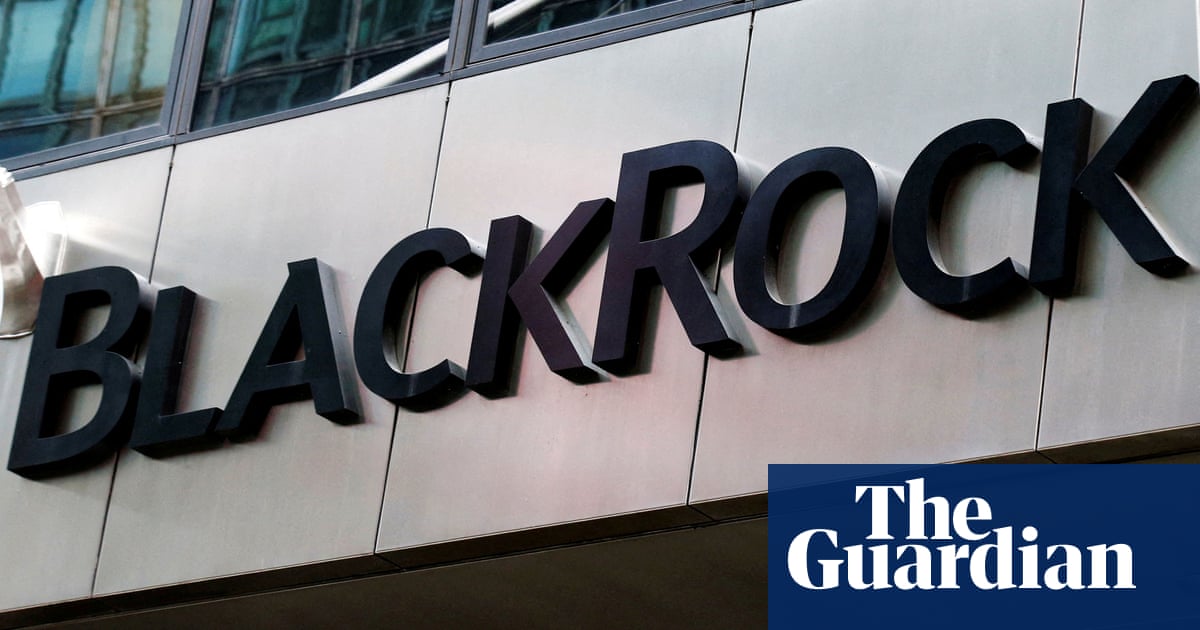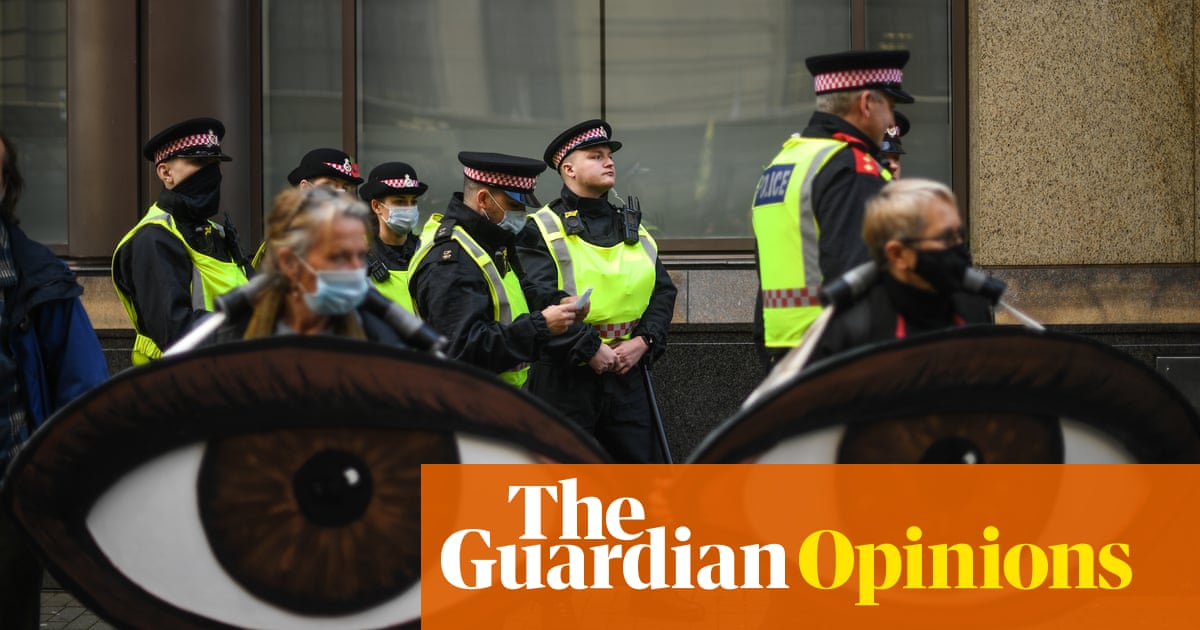I would like to share the following article with you guys, it's highly relevant to the topic we are discussing. You can see the original here:
“Climate Change” and Tipping Points
****
A point of no return is not a tipping point; it’s a Rubicon point. Tipping points are common in nature. Rubicon points are rare. To use the terms interchangeably is to be scientifically imprecise and factually incorrect about tipping points. A tipping point occurs where an established trend abruptly changes direction. A familiar example:
It’s 7:00 AM on a late summer day. The temperature has been a steady 10°C for the last several hours. The sun rises. The temperature breaks away from its constant 10°C trend and starts rising. That’s a tipping point.
The temperature continues to rise, establishing a new trend — upward. By noon, it’s 25°C. At this rate of increase, streams and rivers will start boiling tomorrow afternoon. Lakes and oceans will soon follow. Looks like that sunrise tipping point was a point of no return resulting in a runaway effect. We’re doomed!
The sun passes its zenith. Temperature stops rising and remains constant for the next several hours. Another tipping point passed; a new steady state trend established. Whew! Maybe we’ll be OK.
The sun sets. Temperature begins to drop as fast as it rose in the morning. Another tipping point passed; a new trend established — downward. By midnight, it’s 10°C. At this rate of cooling the entire planet will be frozen solid within a few days. It’s a new ice age! We’re doomed!
Temperature stops dropping, levelling out at 10°C for the next several hours; yet another tipping point passed.
Rinse and repeat.
We’re all familiar with these cycles and frequent tipping points. We know it’s business as usual on a late summer day. Nobody panics about it. Even though the temperature varies over a range of 15 Centigrade degrees, nobody screams about climate change or blames the rapidly rising temperature through the early part of the day on greenhouse gas emissions from humans burning fossil fuels.
Nor do we get alarmed about a “new ice age” when temperatures drop, lakes and rivers freeze, and snow starts falling late in the year. Neither is there a “global warming” panic in the spring when temperatures rise and melt winter’s ice and snow.
Why not?
Perspective and personal experience. I wrote previously about human perspectives of time compared with geological time perspectives relative to the age and life expectancy of planet Earth, time periods over which real climate change happens.
Just as there are daily and annual cycles with numerous temperature tipping points, there are also much longer celestial cycles with numerous temperature tipping points — up and down as in daily and seasonal cycles — that humans do not comprehend through personal experience because we do not live long enough to experience full cycles in a single lifetime. If humans lived for millions of years, we would know that temperatures rising at the end of our current Holocene Interglacial Period are business as usual, like temperature rising on a late summer morning.
***
Let me know what you think.















